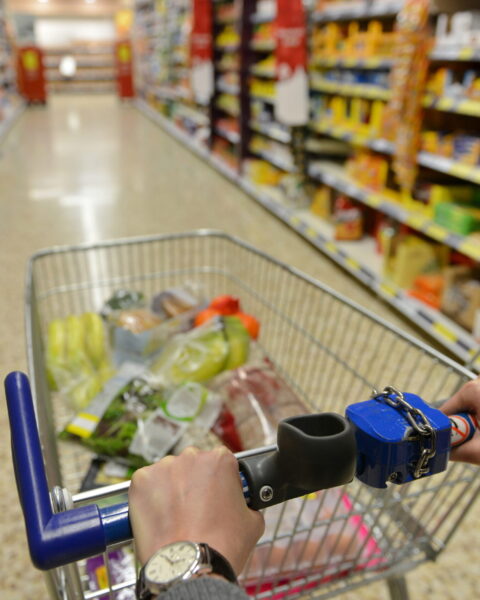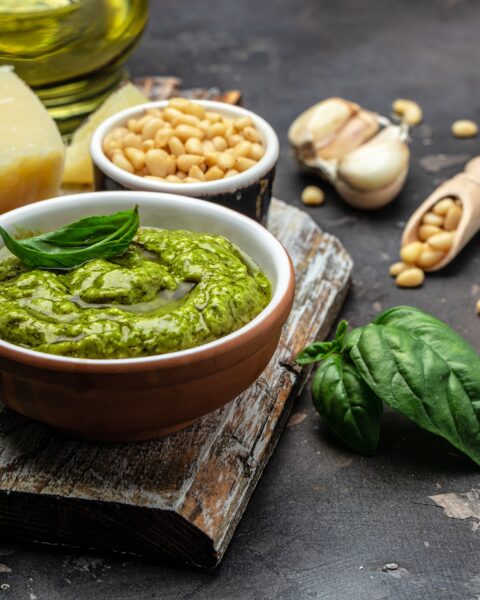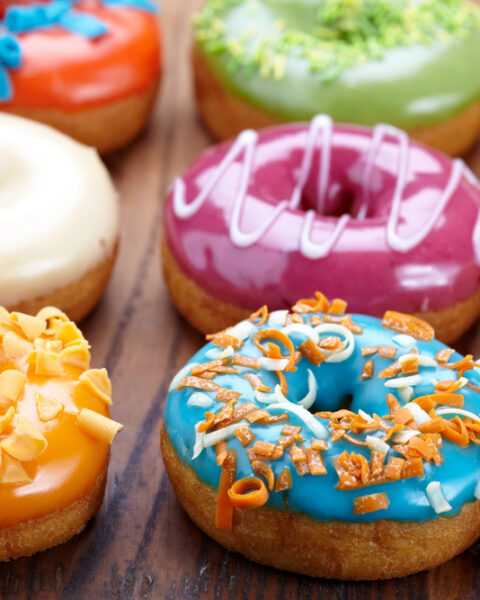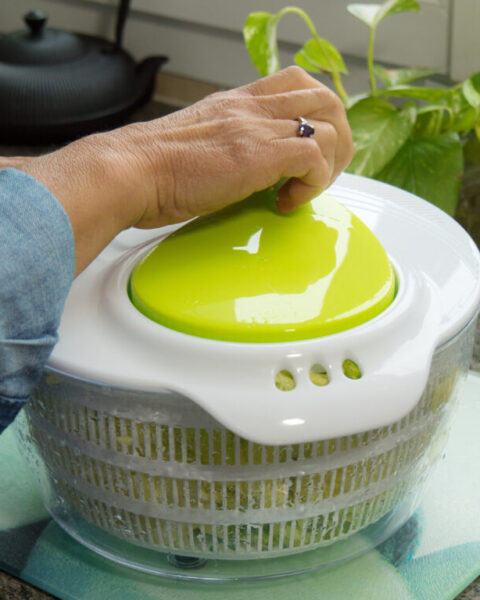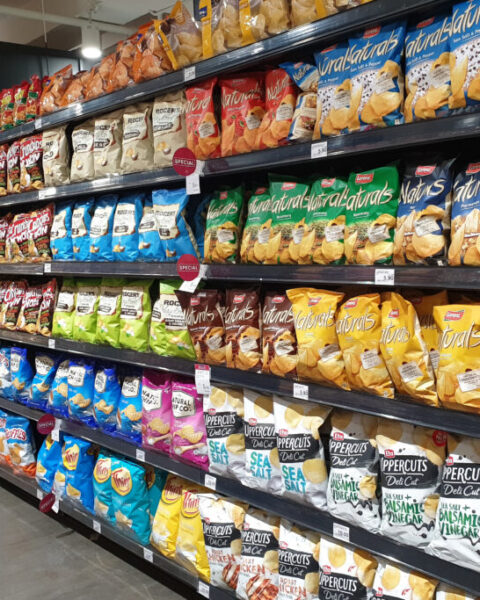Cleaning your home efficiently requires more than just the right products; it also means knowing which advice to follow and which to ignore. Unfortunately, some widespread cleaning myths lead to wasted effort and even potential damage. By dispelling these myths, you can save both time and money while achieving a cleaner home. Here’s a look at some of the most misleading cleaning tips you should avoid.
Contents
- 1 Vinegar Cleans Everything
- 2 Newspapers Are Great for Cleaning Windows
- 3 Bleach Is the Ultimate Disinfectant
- 4 You Need to Mop with Hot Water
- 5 Baking Soda Can Clean Anything
- 6 Dusting with a Dry Cloth Works Best
- 7 More Detergent Means Cleaner Clothes
- 8 Air Fresheners Clean the Air
- 9 Lemon Juice Is a Great Cleaner
- 10 Vacuuming Daily Keeps Carpets Cleaner
- 11 Toothpaste Can Polish Silver
- 12 Water Damages Wood Floors Instantly
- 13 Dish Soap Is Perfect for Every Surface
- 14 White Wine Removes Red Wine Stains
- 15 More From RetailShout
- 16 15 Affordable Aldi Finds to Keep Your Pantry Full This November
- 17 12 Essential Costco Buys Under $20
Vinegar Cleans Everything
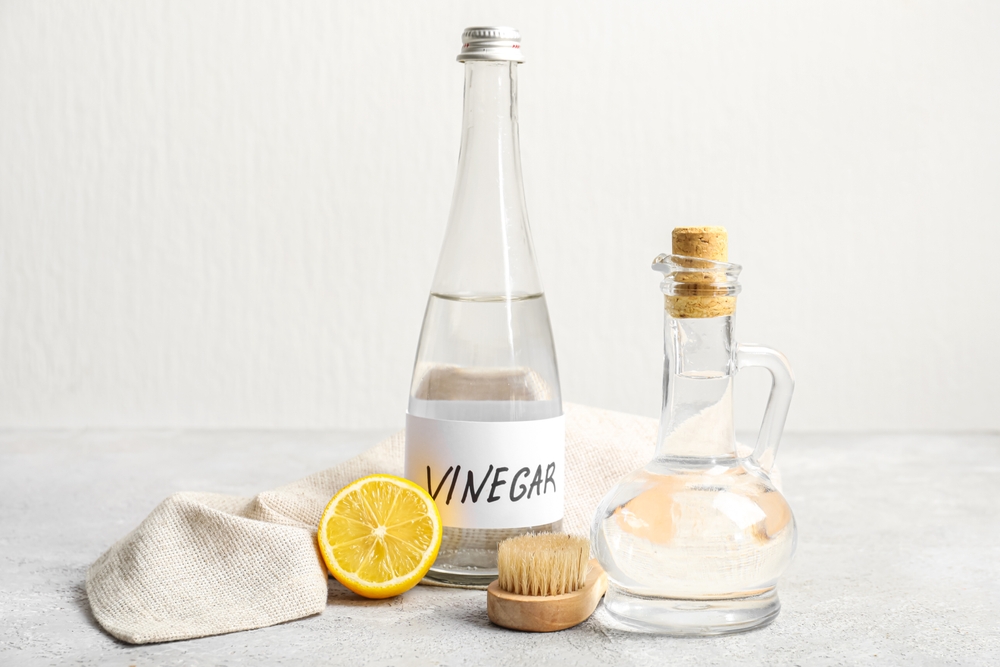
Vinegar is often touted as a miracle cleaner for everything from windows to countertops, but it’s not a one-size-fits-all solution. While it works well on some surfaces, like glass, it can damage others, such as natural stone or hardwood floors. The acidity in vinegar can erode protective finishes, leading to costly repairs. It’s best to use vinegar selectively and rely on appropriate cleaners for different surfaces.
Newspapers Are Great for Cleaning Windows

Using newspapers to clean windows is a tip that’s been around for decades, but it’s not as effective as you might think. The ink in modern newspapers can smudge, leaving streaks on your glass. Additionally, the paper can break down and leave fibers behind, making more of a mess. A microfiber cloth is a better option for streak-free windows without the hassle.
Bleach Is the Ultimate Disinfectant
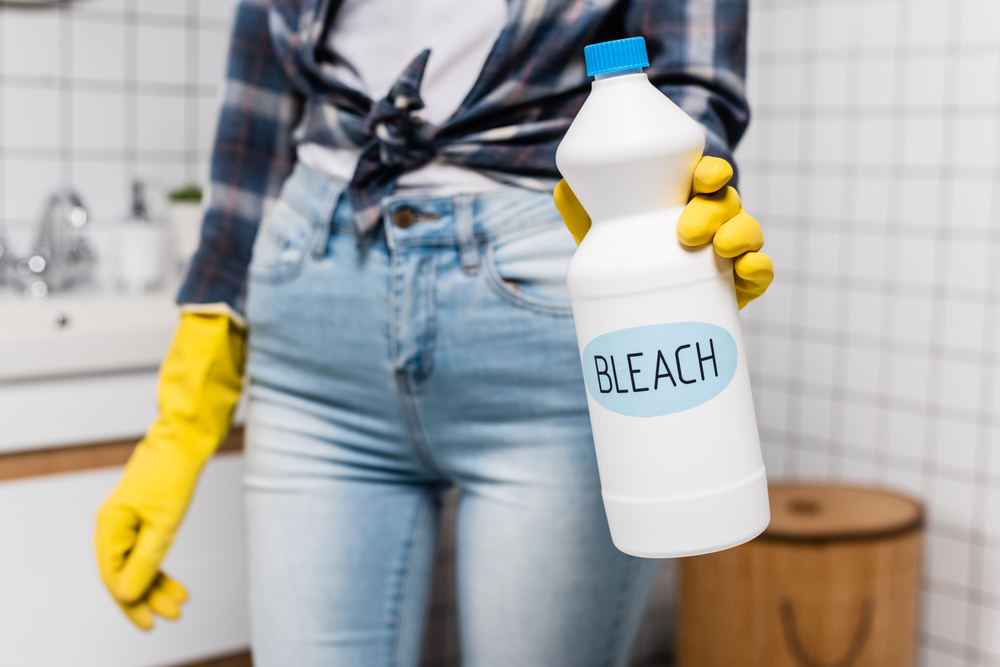
While bleach is a powerful disinfectant, it’s not always the best choice for every cleaning task. Bleach can be harsh on surfaces and fabrics, leading to discoloration and damage. Moreover, it doesn’t work well on porous surfaces like wood or marble, where it can leave spots and weaken the material. For some jobs, a gentler cleaner is both safer and more effective.
You Need to Mop with Hot Water
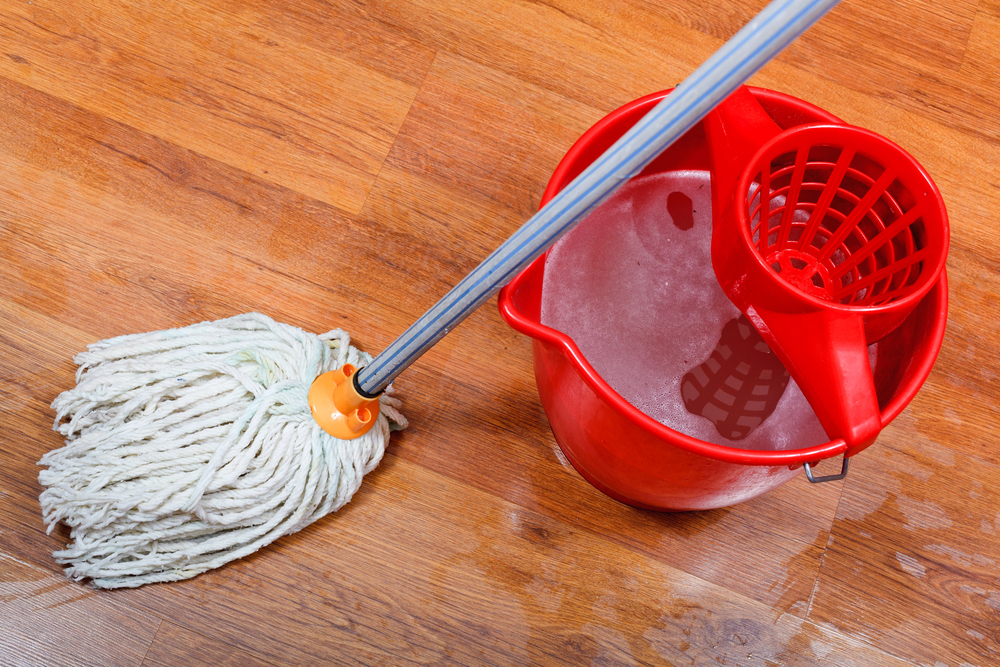
It’s a common belief that hot water is essential for mopping floors, but it’s not always necessary. Hot water can sometimes damage certain floor finishes or set stains rather than remove them. Cold or lukewarm water, combined with the right cleaner, is often just as effective and safer for your floors. Adjust your cleaning routine based on the specific needs of your flooring material.
Baking Soda Can Clean Anything
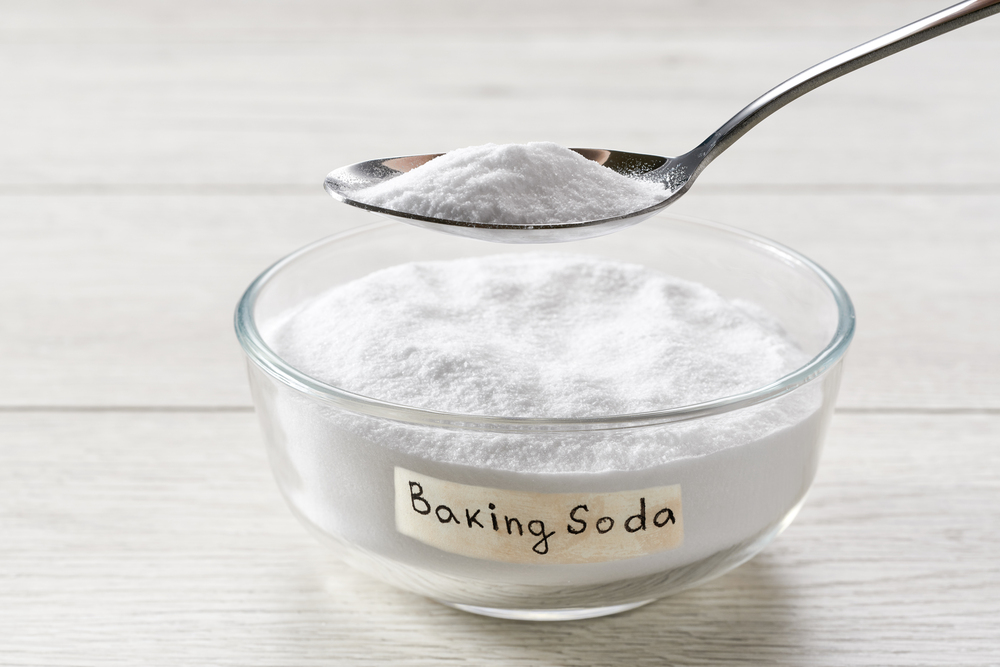
Baking soda is often praised as a universal cleaner, but it’s not suitable for every surface. While it’s great for scrubbing grime off stovetops or deodorizing carpets, it’s too abrasive for delicate surfaces like glass or polished metal. Using baking soda on these surfaces can leave scratches or dull finishes, leading to expensive fixes. Know when to use it and when to opt for something gentler.
Dusting with a Dry Cloth Works Best
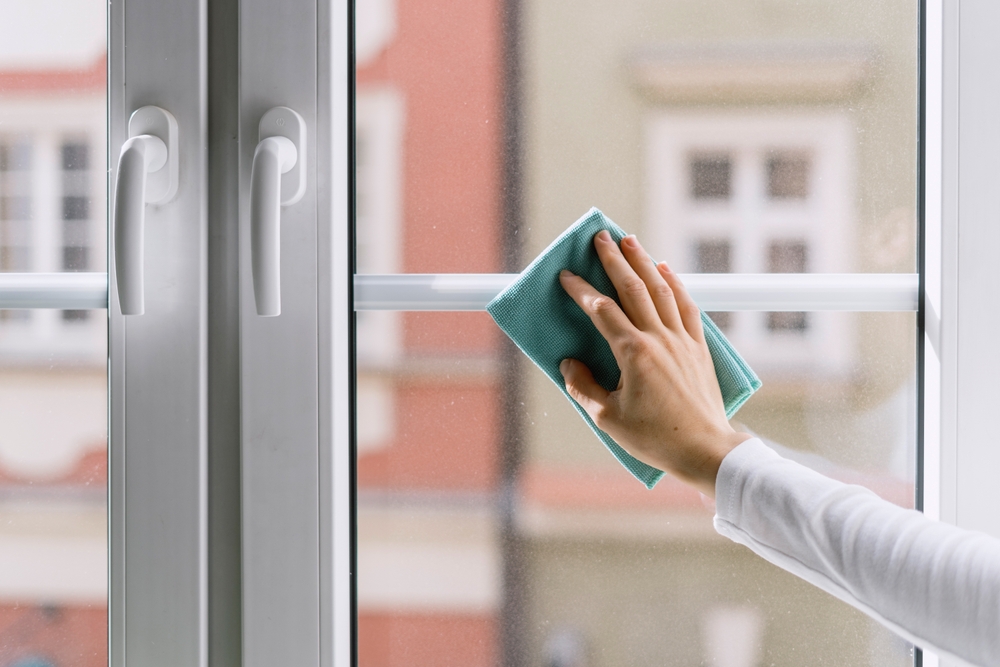
Dusting with a dry cloth might seem like a quick and easy solution, but it just moves dust around rather than capturing it. A dry cloth often spreads dust particles into the air, which can resettle just as quickly as they were removed. Instead, use a damp cloth or a microfiber duster, which traps dust effectively and prevents it from becoming airborne.
More Detergent Means Cleaner Clothes
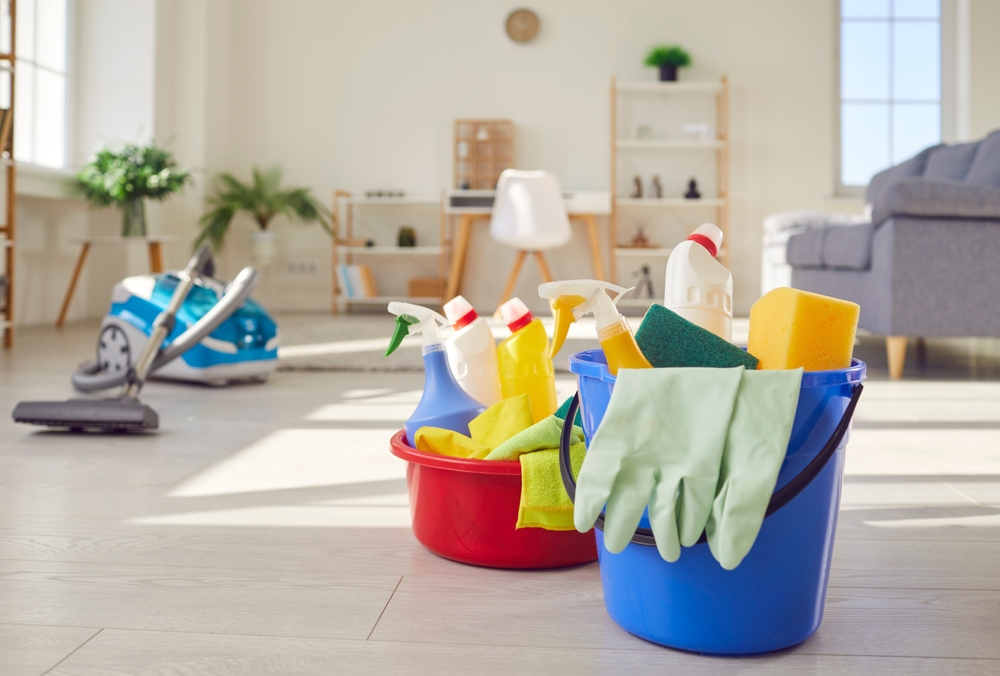
It’s easy to think that using more detergent will result in cleaner clothes, but it has the opposite effect. Excess detergent can build up in your washing machine and on your clothes, trapping dirt and making it harder to rinse out. This can lead to dingy clothing and even damage your washing machine over time. Always use the recommended amount of detergent for the best results.
Air Fresheners Clean the Air
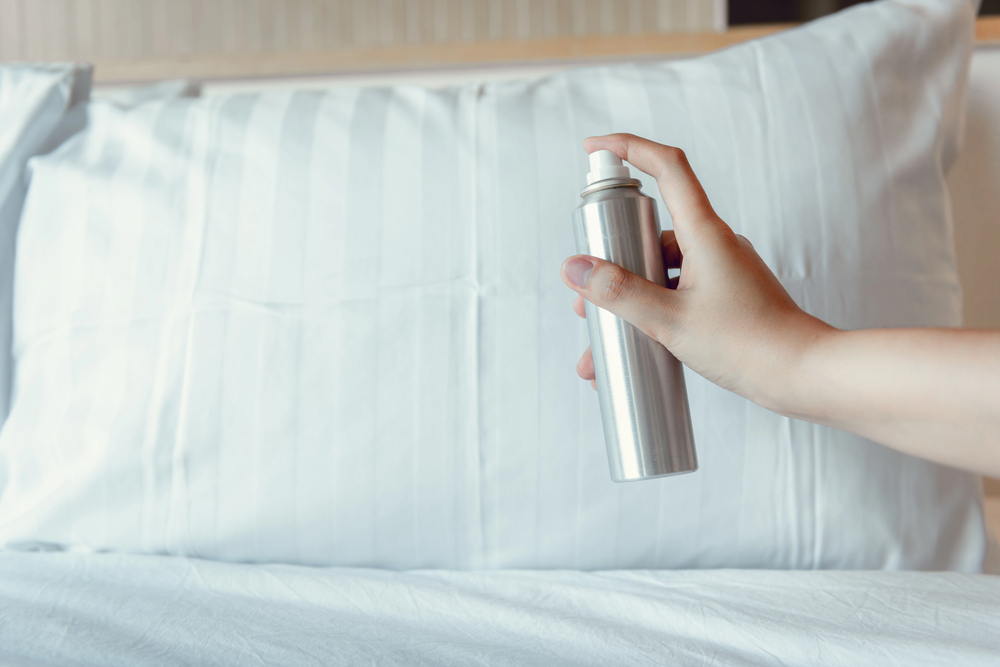
Air fresheners may make your home smell nice, but they don’t clean the air. Most air fresheners only mask odors temporarily and can introduce harmful chemicals into your living space. These chemicals can cause respiratory issues and other health problems with prolonged exposure. Instead, focus on eliminating the source of odors and ventilating your home with fresh air.
Lemon Juice Is a Great Cleaner
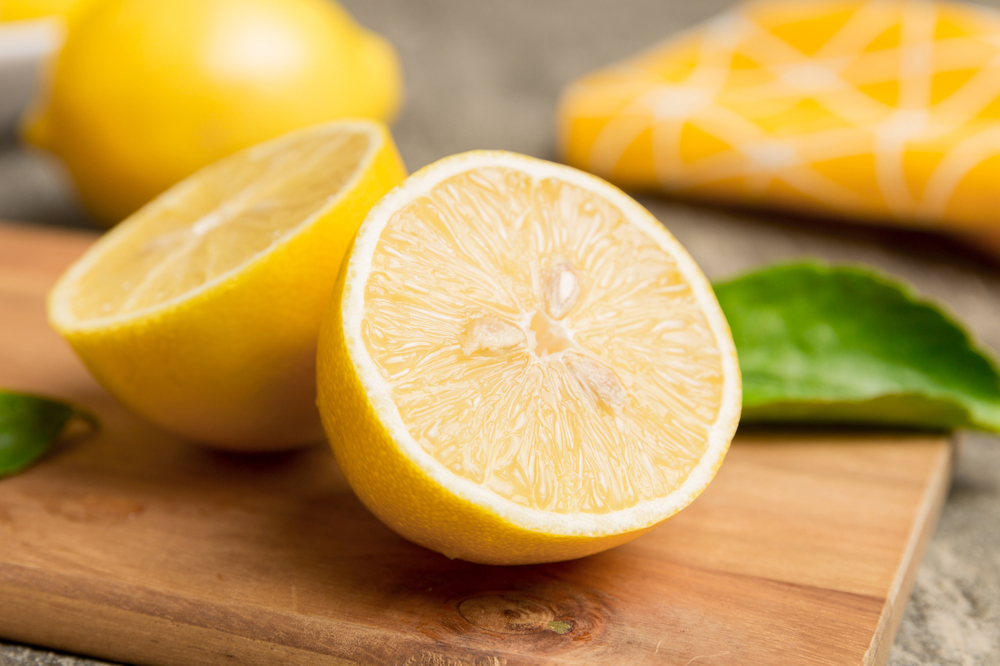
Lemon juice is often recommended as a natural cleaner due to its acidity and fresh scent. However, it’s not always the best choice, especially for surfaces like marble or granite. The acid in lemon juice can etch and damage these surfaces, leading to costly repairs. Use lemon juice with caution and choose cleaners specifically designed for your surfaces.
Vacuuming Daily Keeps Carpets Cleaner
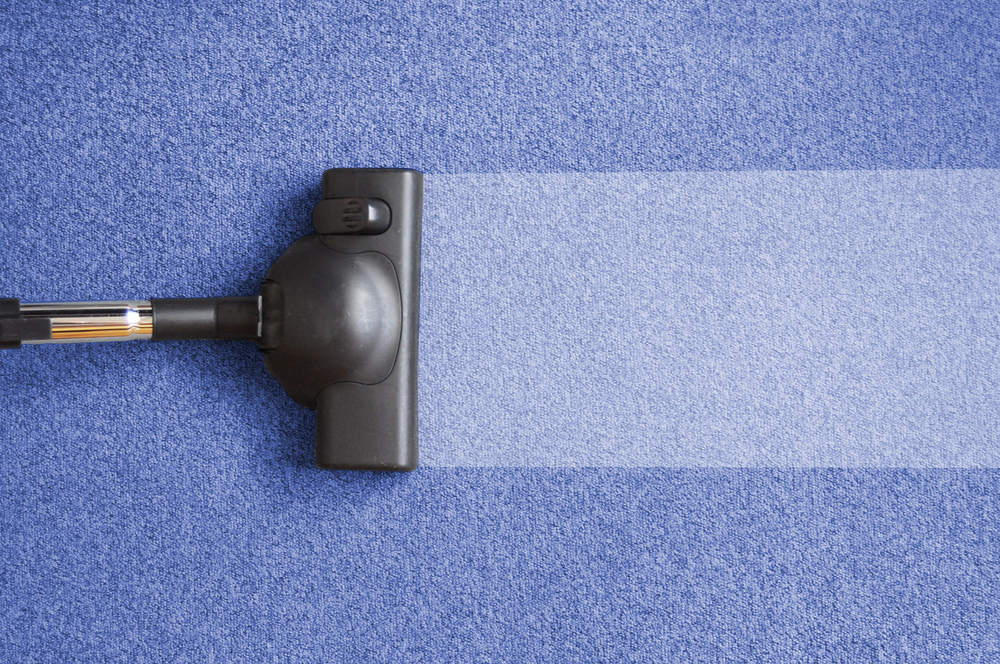
While vacuuming is essential for maintaining clean carpets, doing it daily isn’t always beneficial. Frequent vacuuming, especially with a high-powered vacuum, can wear down carpet fibers and reduce the lifespan of your carpet. Instead, aim for regular vacuuming based on your household’s foot traffic, and supplement with deep cleaning as needed.
Toothpaste Can Polish Silver
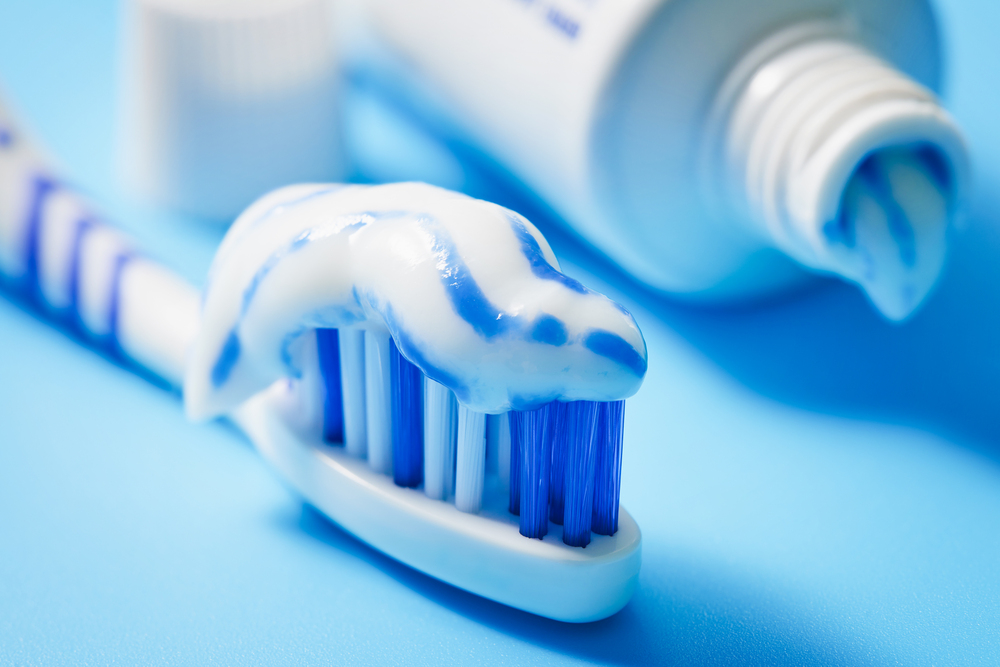
Toothpaste is often recommended for polishing silver, but it can be too abrasive for delicate items. The grit in toothpaste can scratch and dull the surface of silver, leading to more harm than good. It’s better to use a silver polish specifically designed for cleaning and maintaining the shine of your silverware.
Water Damages Wood Floors Instantly
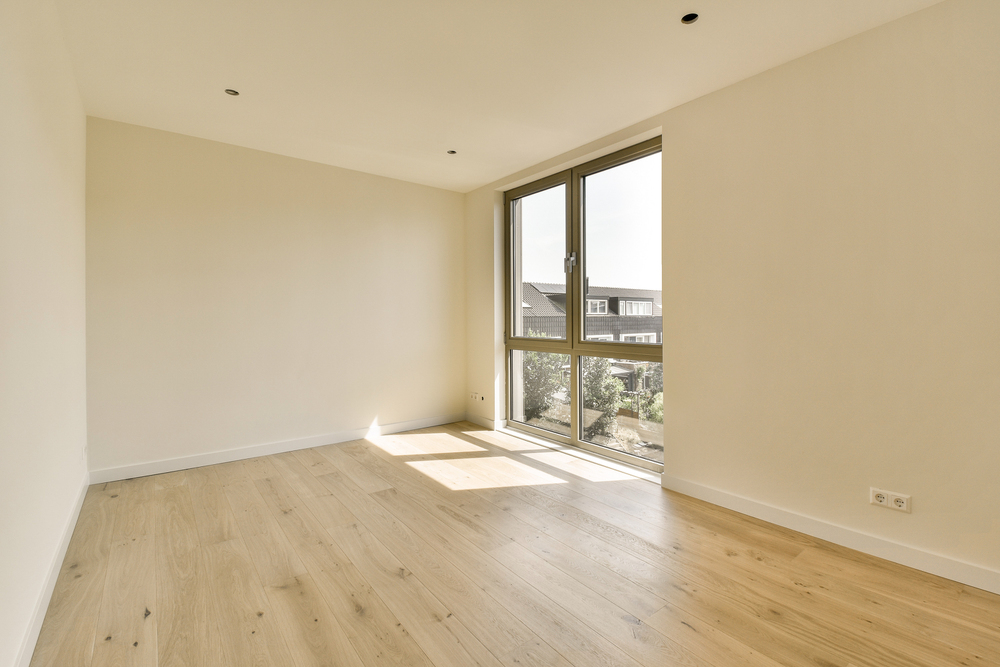
While it’s true that water can damage wood floors if left to sit, small spills aren’t as catastrophic as some believe. Promptly wiping up spills with a dry cloth usually prevents any damage. However, using too much water when cleaning can seep into the seams and cause warping over time. The key is to clean with minimal water and ensure that floors are dried quickly.
Dish Soap Is Perfect for Every Surface
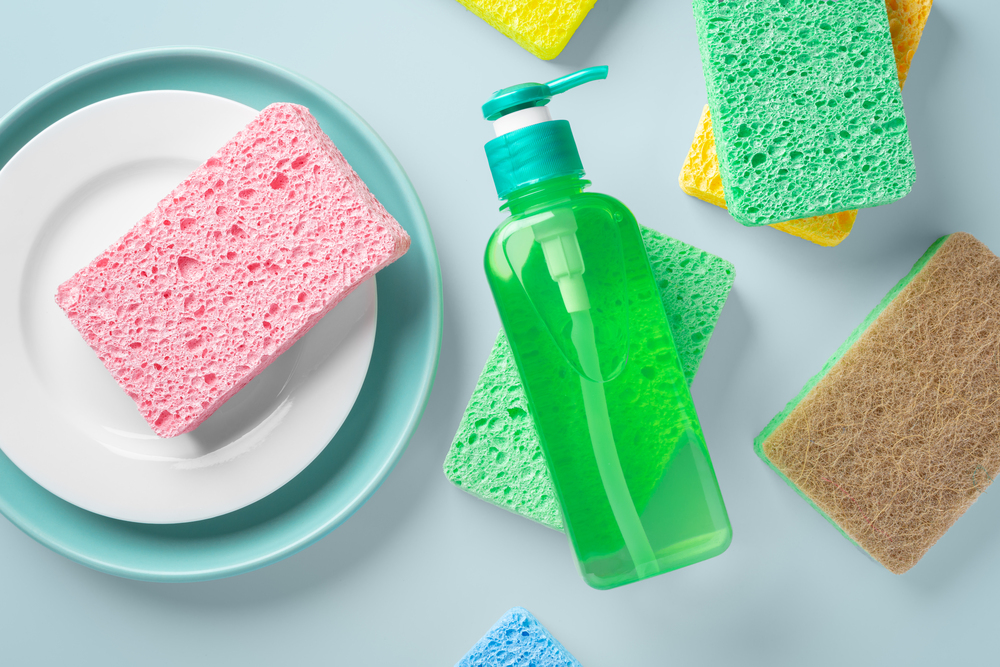
Dish soap is incredibly versatile, but it’s not suited for every cleaning task. On certain surfaces, like granite countertops or hardwood floors, dish soap can leave a residue that dulls the finish. It’s also not the best choice for washing windows or mirrors, as it can leave streaks. Stick to dish soap for what it’s designed for—cleaning dishes—and choose the right cleaner for other surfaces.
White Wine Removes Red Wine Stains

One of the most popular cleaning myths is that white wine can neutralize red wine stains. Unfortunately, this method doesn’t actually remove the stain and can sometimes make it worse by spreading the pigment. The best approach is to blot the stain immediately with a clean cloth and use a proper stain remover designed for fabrics.
This article originally appeared on RetailShout.
More From RetailShout
10 New and 16 Returning Items Of The Week At Trader Joe’s (11/17 – 11/25)

Trader Joe’s has once again brought an exciting lineup of new and returning seasonal favorites to their shelves, just in time for the holidays. From savory showstoppers to sweet indulgences, the November 17 – 25 collection is something to look forward to. Read More.
15 Affordable Aldi Finds to Keep Your Pantry Full This November
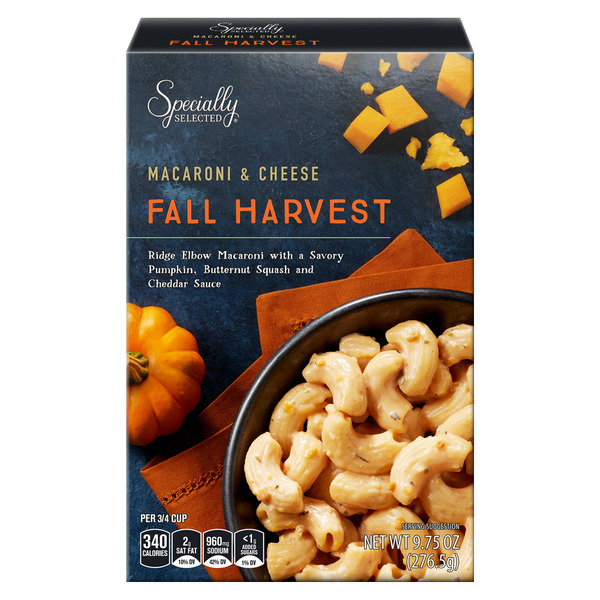
Aldi’s shelves are packed with affordable finds that bring seasonal flavors and comfort food vibes without stretching your budget. This November, there are some seriously good picks—from cozy drinks and snacks to hearty meal starters and sweet treats—all ready to make meal planning and snacking easier. Read More.
12 Essential Costco Buys Under $20
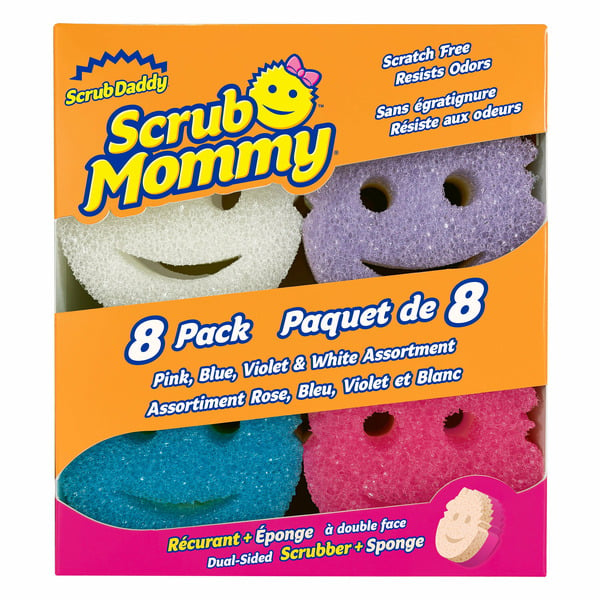
Costco is the go-to store for finding incredible deals, and you don’t need to spend a fortune to snag some great items. From household essentials to tasty snacks, Costco offers high-quality products for every budget. Read More.

